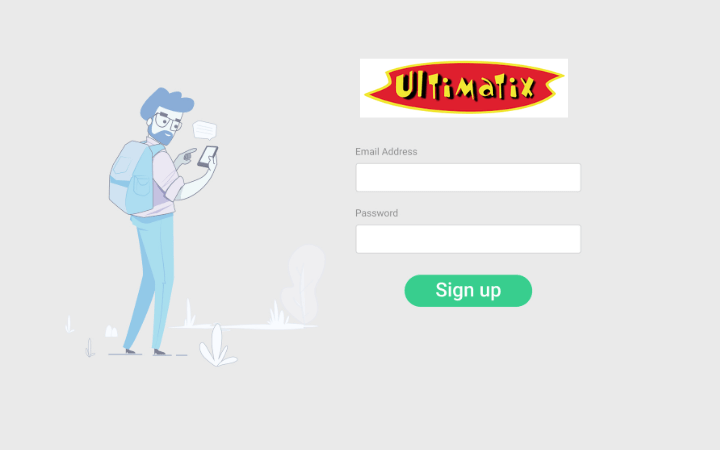The Main Mistakes To Avoid On E-Commerce Sites In 2022

In E-commerce, the competition is fierce, and 2022 will only reinforce this trend. This is why it is better to arm yourself as best as possible against competitors. The first thing to avoid is shooting yourself in the foot with common but easily avoidable mistakes. Find out below these mistakes that e-commerce sites still make too often and check that your site avoids them to perform in 2022!
Duplicate Content
This is very common on e-commerce sites with very similar products or products marketed by other areas: the product descriptions are often identical or very similar. This error leads Google not to know which content to favor and penalize a good part of it. This will impact your site’s visibility because not all duplicate pages will rank in search engine results. Even if it is difficult and time-consuming, care must be taken to write unique product descriptions to differentiate its content to gain visibility.
Keywords Are Not Always Well Targeted
E-commerce sites mainly focus on keywords related to their product, such as “pastry robot”, possibly followed by the brand or the model’s name. In most cases, this is not enough, and you also have to open your field of keywords to the needs and interests of your audience. It will therefore take time to write content that responds to consumer issues.
Lack Of Consumer Reviews
To buy, a visitor must be convinced, and according to surveys, 2/3 of online buyers refer to the opinions of previous customers to make their choice. Too many e-commerce sites overlook this aspect and don’t feature or feature customer reviews.
An e-commerce site that is confident in its products and customer service will always have a significant interest in setting up customer reviews. These will encourage purchases and provide clear information on the customer’s opinion of a particular product. In addition, the absence of the possibility of leaving an idea instills doubt in the consumer who may seek another product or another merchant site.
URLs That Are Not Optimized
Many e-commerce sites make the mistake of generating non-descriptive and non-optimized URLs. This makes them more challenging to read for users and search engine robots. They then have more difficulty understanding the page’s content and rank it less well in the search results.
It is a discipline to improve its referencing: when creating a page, choose a short URL made up of keywords and, above all, devoid of special characters.
Penalizing Loading Speed
Today and more in 2022, Google takes a lot into account the loading speed of a site. It measures these parameters using Core Web Vitals, specific loading times of certain content on a page. Poor scores irremediably lead the search engine to rank this type of content more petite than faster ones to favor the user experience. Therefore, you must take care of these vital signals for your e-commerce site and ensure that you always have fast display times and thus pages that are not too heavy.
Neglected Internal Links
Internal links significantly improve the quality of a site in the eyes of Google by helping it to discover similar content more efficiently and, therefore, to understand each page better. And, when the search engine understands a site better (and faster), it tends to favor it in the search results.
Therefore, it is necessary to take care of its internal links with each content creation: it is a task that is not very complex to implement and which can save some positions.
Blocked Or Limited Access
Google and other search engines need easy access to your website to index it carefully and show it up in search results. However, many e-commerce sites make the mistake of not making this task easy. This can come from various specific errors:
- a sitemap that does not exist
- flawed pages in the sitemap
- a robots.txt file that is not present or whose format is not compliant
- wrong redirects
- 5xx or 4xx errors
Therefore, it is essential always to check that these errors do not exist on your site and that, more generally, the crawl (the passage of robots on your content) is done regularly, freely, quickly, and without brakes due to your site structure or your tools.
Cannibalized Content
E-commerce sites very often tend to use the exact keywords in the different meta descriptions of their pages, the titles and, of course, the content of these pages. This is a recurring problem, often minimized, and yet has unfortunate impacts. Indeed, these pages thus compete with each other, and Google tends to penalize this content and rank it lower in its search results. Therefore, care must be taken to target each of its pages on different keywords and thus make the meta tags unique to optimize its content.
Also Read: E-commerce Is The Best Way To Get Started With Digitization






